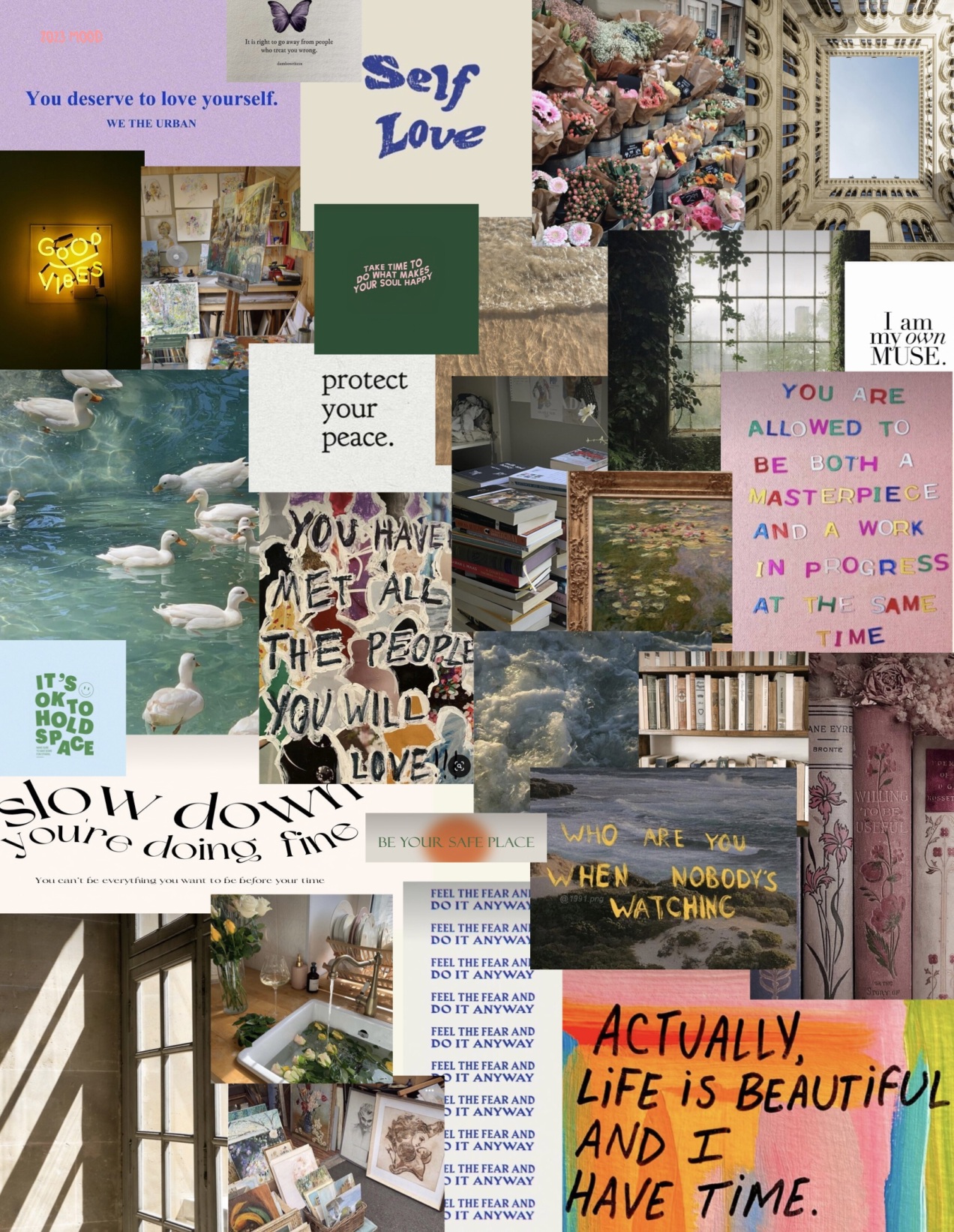Being a social worker within the system that currently exists often feels like an oxymoron. While reading for one of my classes, I was presented with the moral question of how it is possible to do good work at a time when there is so much bad. Every system we exist in is built on oppression, prejudice and the intentional and systemic failure of minority groups. It is impossible for me, and many of the people that I am surrounded with, to feel that we can practice good social work in this system.
Essentially, what I am learning from listening and watching and is that the system that exists today must be dismantled in order to practice good and ethical social work. But this leaves us in a quandary. Because if we wait for the system to be dismantled, then it will never happen. Change is not a natural trajectory particularly when it requires upheaval and reevaluating the status quo. Therefore, this leaves working within the system to dismantle it. But then to an extent, participating in a system, even if it is to dismantle it, means that you are being complicit in that system.
This is the problem. The quandary, if you will. Because it can feel morally reprehensible to work within a system that you know is corrupt, even with the goal of dismantling it. Even a good apple in a barrel of bad ones still exists within a barrel of rotten apples. Not every institution is as reprehensible as the other (ACAB). But it is still true that the institutions that we rely on for social welfare are largely failing.
We are failing so many people: racial and ethnic minorities; women; and people in the carceral system. We are failing those who are unhoused; failing people who identify as part of the LGBTQIA+ community; who have faced mental health diagnoses; domestic or sexual violence. To name but a few. The system is struggling under the weight of those who it is committed to, yet the failures are so acute that it makes one curious what the system is doing at all.
When you look at social work through the lens of all that it is meant to do, but all that it is not doing, it is not difficult to resolve that the issue is perhaps not what we are learning in school, or with the individual, but with the system. It is also disappointing that it is possible to find social workers whose passivity in the face deconstructing racism, bias, prejudice and other systemic and systematic failures in the face of a lack of personal interest leads to the same place: lack of change, complicity.
Being complicit in the system rather than actively working to dismantle it is alarming and is also a direct contradiction to social work values. Values such as protecting the dignity of life, honouring a persons agency and self-determination, respecting difference. I guess the question I am asking myself and the issue I am identifying is that to dismantle a system as a social worker, I am required to work within the system. However, working within a system even with the intent of dismantling it, means that to some extent you are being complicit in the system.
Recognizing the system and seeking to work within it as a clinician and an advocate requires some level of cognitive dissonance and/or the ability justify working within a system that has caused harm. This is a complex issue and requires a lot of critical thinking.
Nothing is beyond redemption. And my argument is not that we should just all give up and go home now, frustrated by our broken system. Instead, my argument is that when grappling with the quandary of what it means to be a social worker, it is imperative to recognize that the system that we are expected to work in, needs to be dismantled and rebuilt. That the work that needs doing is boundless, but that doesn’t mean that it cannot be done.
This work requires passion, it requires both patience and impatience, and it requires the ability to challenge yourself to think differently. To break down your own norms and to read and learn. Social work is a living, breathing practice. It evolves and forms based on the rapid shifts that we experience in our world.
This presents us with the opportunity to use our privilege and our passion to do the work. The hard, painstaking work. Dismantling systems is hard. It requires cultural humility and the desire to learn how to do be different. How to be better — better social workers, practice ethically, responsibly, and with the cultural and social humility that is necessary for good social work.
I began this post writing with frustration, riled up by the complex quandary that I am facing. I discussed what it feels like going into a profession where I will be knowingly complicit in a system that needs to be dismantled. And I’m just as riled up now. But that is what advocacy is. That is what using my voice and my privilege is. It is still a quandary. But slightly less so. This is work worth doing. And work worth doing does not have to be easy. It just has to be done. So here is to committing to the work. Committing to change and dismantling so that the work that is done reflects values that we believe in.
— Liora





